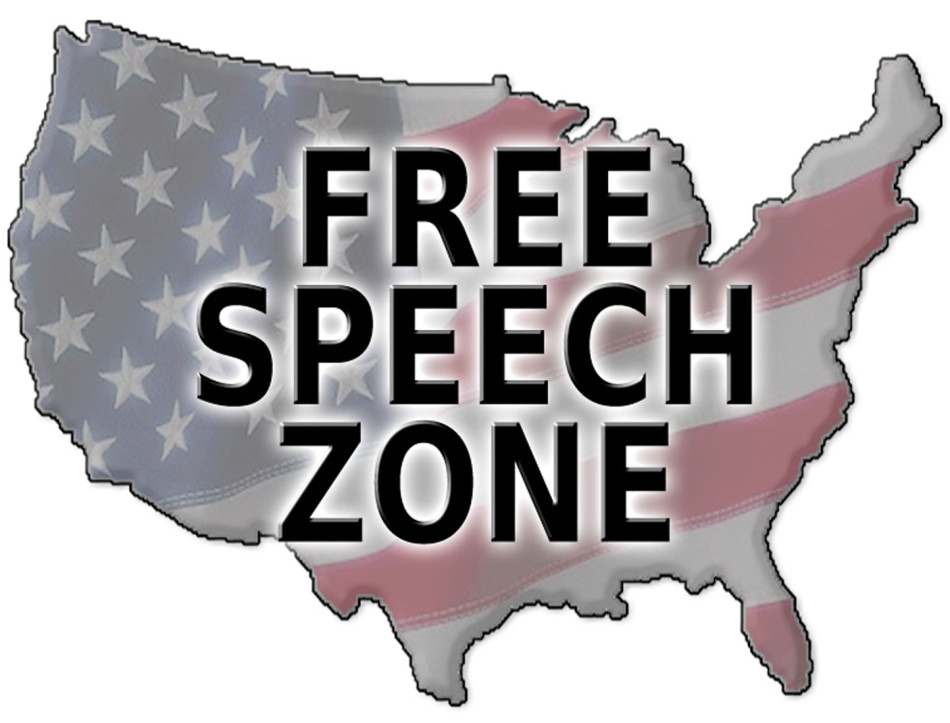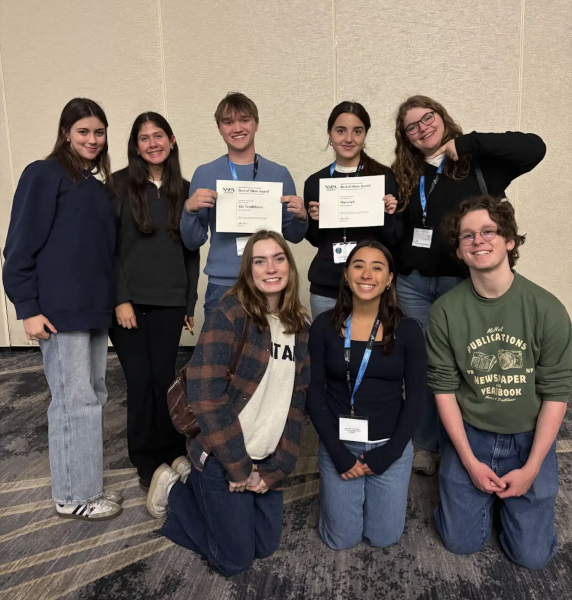College’s ‘Free Speech Zone’ Hinders Freedom of Expression
Recently, there’s been many stories in the news about a Virginia college’s infamous “free speech zone,” a designated area on the school’s campus where students are allowed to express their opinions freely. A case was filed against the university by a student simply seeking to preach his beliefs freely outside the designated area.
The good news is, the case seems to be leaning towards banning the zone, with many people agreeing that free speech zones violate the first amendment, and are not appropriate on a college campus. The bad news is, this school is not the first one to institute a free speech zone, and they seem to be becoming increasingly more common, even as the distaste for them remains the same.
Aside from obvious legal violations, free speech zones present several problems at a public institution. When any large corporation sections off a small area of property and labels it as a place of free speech, they’re essentially labelling the surrounding land a “censorship zone.” What then results is not an area of productive thought and expression as the name suggests, but the use of a seemingly innocent label to mask the oppression of free speech.
That does not sit well with many people, because a school should not be dictating what their students can and can not say. Of course, you can’t yell fire in a crowded theater; any threats against the school or the people in it should be taken seriously, but otherwise there’s no reason for the school to care what its students are saying.
The prevailing argument against banning free speech zones is that gatherings that are not approved by the university are disruptive to learning and can be offensive. Granted, protests and meetings that occur publicly can be distracting, and the opinions expressed will not match the opinions of everyone listening. But that’s the exact reason that they are needed; everyone needs to be distracted by important occurrences and have their beliefs challenged every once in a while.
Colleges especially, are filled with people from all kinds of backgrounds with many different beliefs, and they are a great place to learn new things and form new opinions. If a protest is occurring on campus, the people who agree with the cause are free to join in, and the people who do not agree are free to walk away.
The idea of free speech is not to always agree with what everyone says, but to respect everyone’s right to express their beliefs openly and without repercussions.
Your donation will support the student journalists of McNeil High School. Your contribution will allow us to purchase equipment and cover our annual website hosting costs.










